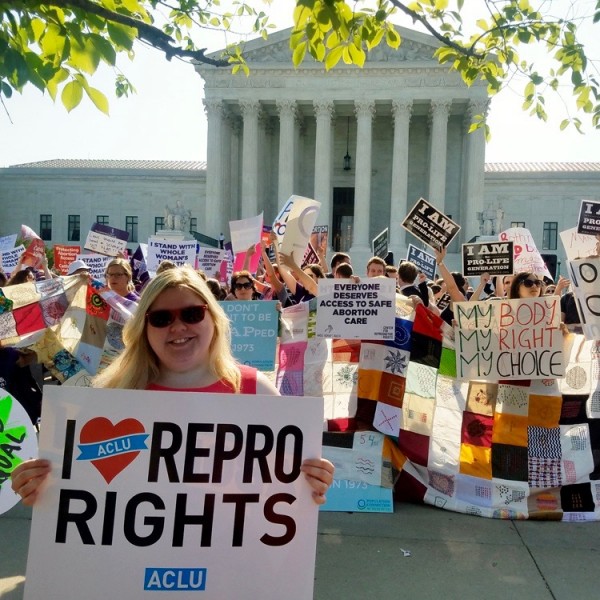
Local reactions to the Supreme Court decision Whole Woman’s Health v. Hellerstedt, which is being hailed as the most important reproductive rights decision in decades, have started to come in. Arguing that “…it is beyond rational belief that H.B. 2 could genuinely protect the health of women, and certain that the law ‘would simply make it more difficult for them to obtain abortions,” Supreme Court Justice Ruth Bader Ginsburg joined Steven Breyer, Sonia Sotomayor, Anthony Kennedy and Elena Kagan in the 5-3 decision that struck down a controversial law that closed 75 percent of abortion clinics in Texas.
Breyer wrote the opinion, saying, “Both the admitting-privileges and the surgical-center requirements place a substantial obstacle in the path of women seeking a previability abortion, constitute an undue burden on abortion access, and thus violate the Constitution.”
The full statement from Planned Parenthood Votes! Rhode Island:
Today, June 27, 2016, the United States Supreme Court upheld the Constitutional right to abortion. In its 5-3 ruling on Whole Woman’s Health v. Hellerstedt, the Court struck dangerous restrictions on abortion providers in Texas.
While the Court’s decision ultimately does not affect Rhode Island women and families today, Planned Parenthood Votes! Rhode Island warns that existing Rhode Island laws and an anti-abortion rights majority in the General Assembly threaten reproductive freedom for Rhode Island residents.
“The Supreme Court made it clear that politicians cannot pass laws to block access to safe, legal abortion. Yet today’s victory does not undo the past five years of damage and restrictions already written into law across the country and what is at stake this fall in Rhode Island,” said Craig O’Connor, Director of Public Policy and Government Relations, Rhode Island with Planned Parenthood Votes! Rhode Island. “We will continue to fight restrictions on safe, legal abortion on behalf of all people in Rhode Island. This year, Rhode Islanders will make it known at the polls that anti-abortion politicians have no place in the Rhode Island State House.”
The Supreme Court’s landmark ruling protected access to safe, legal abortion by blocking two unconstitutional Texas restrictions. As the Court recognized, “neither of these provisions offers medical benefits sufficient to justify the burdens upon access that each imposes.”
In Rhode Island, several anti-abortion laws exist that have real world effects on abortion access, for example, the prohibition on state employee’s health insurance from covering abortion. In fact, language in Article 1, Section 2 of the Rhode Island Constitution explicitly states, “Nothing in this section shall be construed to grant or secure any right relating to abortion or the funding thereof.” Therefore, if ultimately the Supreme Court reverses its position on Roe v. Wade, there could be very real and very devastating repercussions throughout Rhode Island.
“Physicians and patients must be free to make informed and medically-appropriate decisions without interference from ill-informed legislation,” said Jennifer Villavicencio, MD, with the American College of Obstetricians and Gynecologists (ACOG). “Abortion is a fundamental aspect of women’s health care and must be protected. Rhodes Islanders need to ask their State Senators and State Representatives where they stand on abortion rights and reproductive freedom.”
Steven Brown, Executive Director with the ACLU of Rhode Island, said that the ACLU of Rhode Island has sued the state more than six times over restrictive abortion laws since Roe v. Wade. Brown said that although each suit has been successful, “much work remains to be done to make our state a place that respects reproductive freedom.”
NARAL Pro-Choice America – in its annual “Who Decides” scorecard – labeled the RI House and Senate anti-abortion. NARAL also downgraded Rhode Island to an F rating on reproductive rights – from a previous D+ rating. NARAL awarded the same score to Texas.
According to The Guttmacher Institute, politicians have passed 316 restrictions on safe, legal abortion at the state level since 2011.
Rev. David A. Ames, Priest-in-Charge at All Saints’ Memorial Church in Providence and Member of the Planned Parenthood Action Fund Clergy Advocacy Board said that all people have “an inherent right to reproductive health care.” Ames explained, “We must continue working to expand reproductive freedom in Rhode Island.”
The RI ACLU’s Steve Brown offered an additional statement, saying, “We are extremely pleased that the Supreme Court has struck down these cruel and insincere efforts to interfere with a woman’s basic constitutional right. But this is hardly the end of the matter. Since Roe v. Wade was handed down, the ACLU of Rhode Island has been forced to sue the state at least half a dozen times over restrictive abortion laws. Although every one of those suits has been successful, Rhode Island continues to impose significant barriers to a woman’s right to choose, allowable under other U.S. Supreme Court rulings. As a result, much work remains to be done to make our state a place that respects reproductive freedom.”

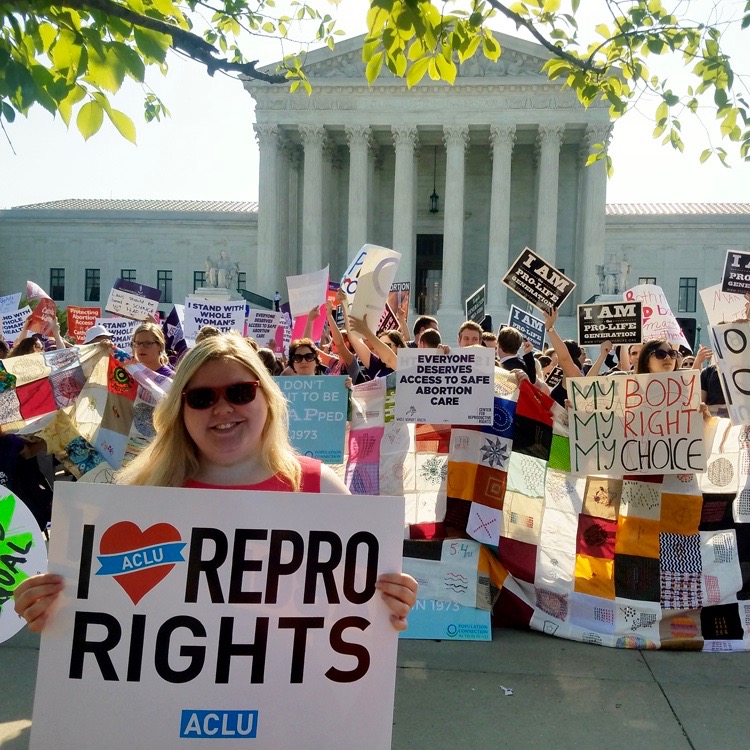


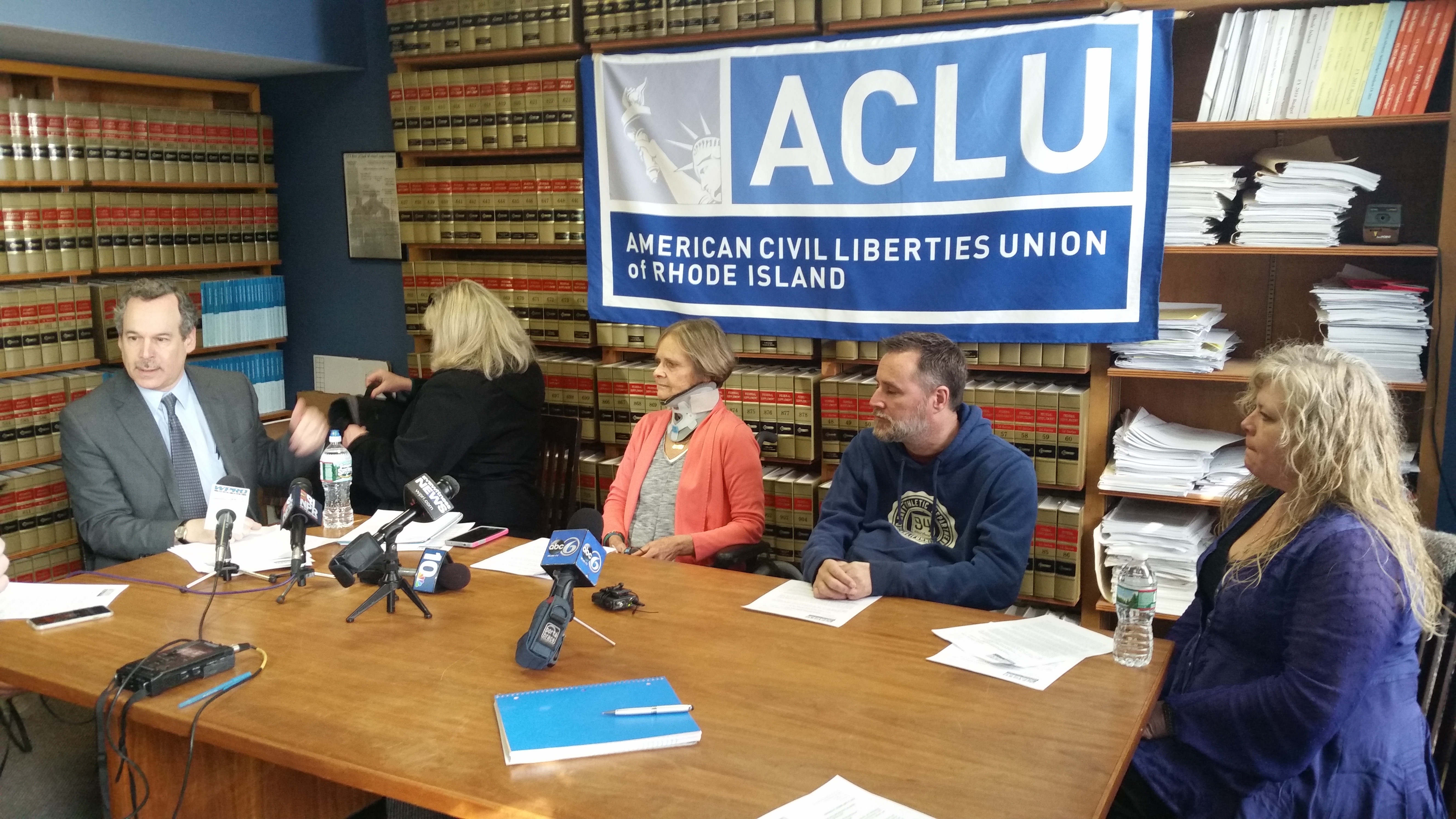
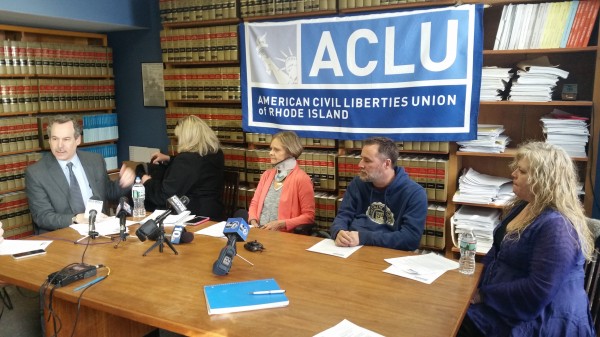 Rhode Islanders who use medical marijuana to help manage chronic and debilitating medical conditions spoke out today against a proposal in Governor Gina Raimondo’s 2017 budget that would levy heavy taxes on medical marijuana plants grown by patients and caregivers.
Rhode Islanders who use medical marijuana to help manage chronic and debilitating medical conditions spoke out today against a proposal in Governor Gina Raimondo’s 2017 budget that would levy heavy taxes on medical marijuana plants grown by patients and caregivers.
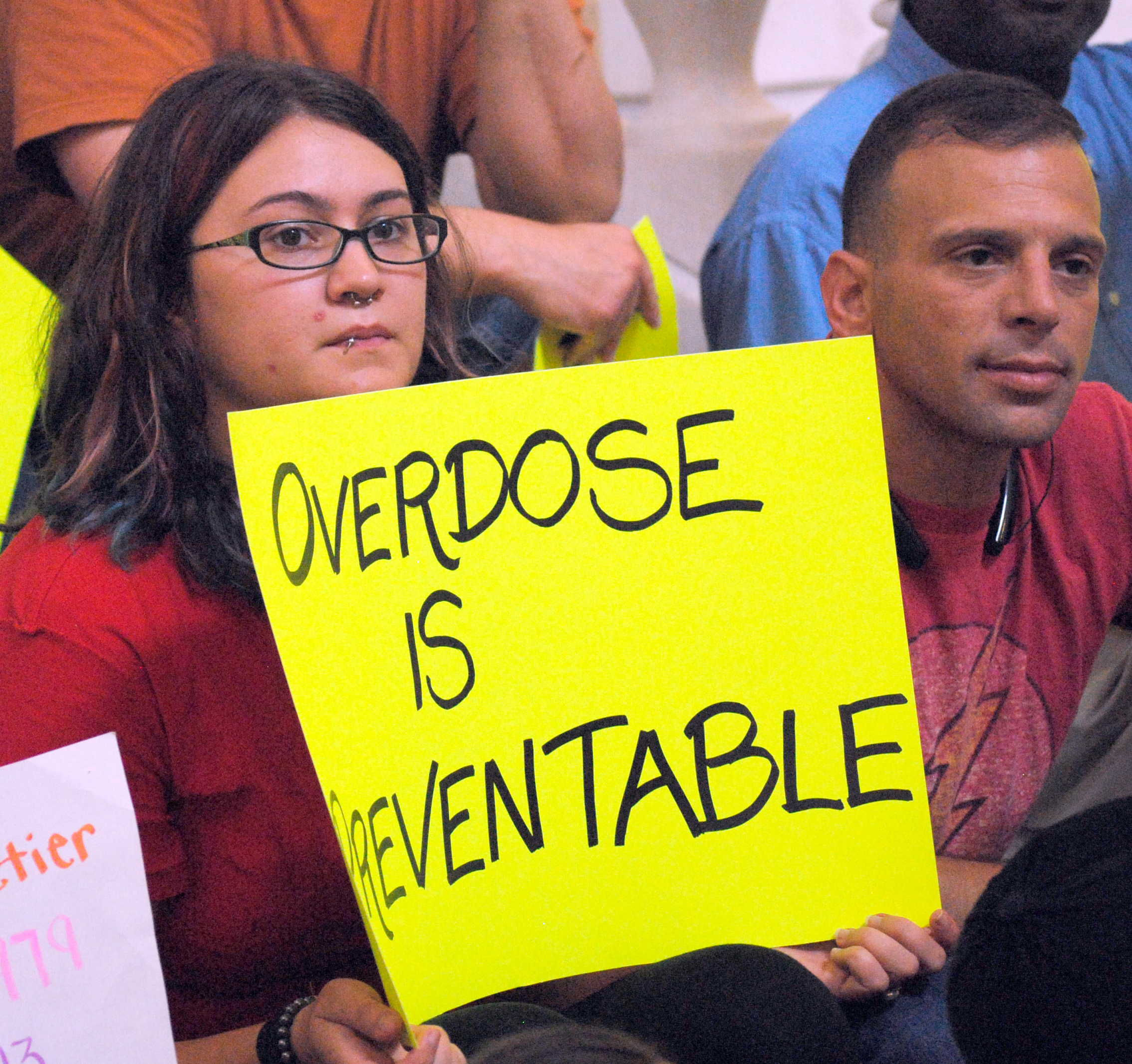
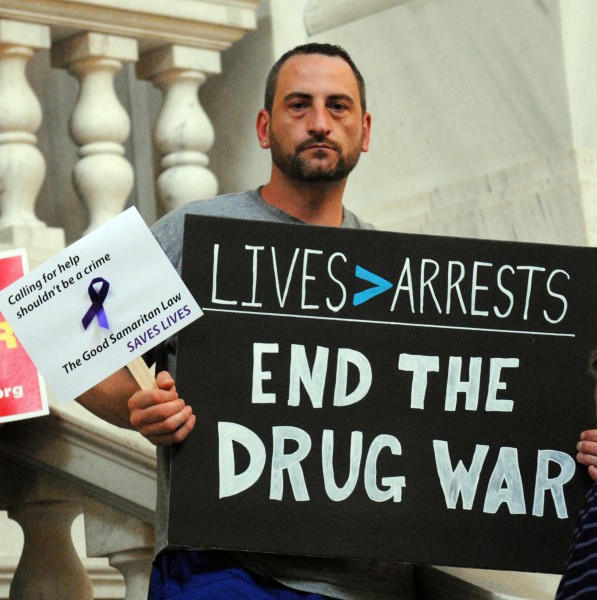 “We applaud, and are deeply grateful to, the Senate for its quick action today in making the reinstatement of the [Good Samaritan Overdose Prevention Act of 2016] the legislative priority of the first week,” said Steve DeToy of the Rhode Island Medical Society, Rebecca McGoldrick of Protect Families First and Steven Brown of the ACLU of Rhode Island in a joint statement.
“We applaud, and are deeply grateful to, the Senate for its quick action today in making the reinstatement of the [Good Samaritan Overdose Prevention Act of 2016] the legislative priority of the first week,” said Steve DeToy of the Rhode Island Medical Society, Rebecca McGoldrick of Protect Families First and Steven Brown of the ACLU of Rhode Island in a joint statement.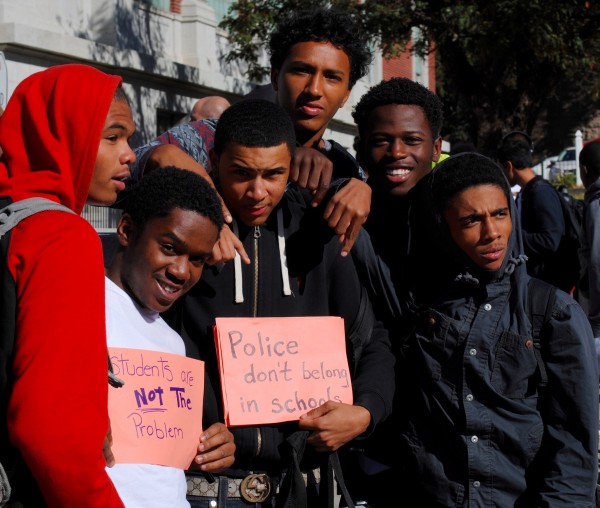 The public interest in both the incident and subsequent investigation is clear, the groups stated, pointing to the extensive media coverage of the incident, the subsequent student protests, and the important policy issues the incident raised. In requesting the release of the documents, the groups noted that in August the State Police voluntarily released a detailed report into the Cranston Police Department and its “Ticketgate” scandal.
The public interest in both the incident and subsequent investigation is clear, the groups stated, pointing to the extensive media coverage of the incident, the subsequent student protests, and the important policy issues the incident raised. In requesting the release of the documents, the groups noted that in August the State Police voluntarily released a detailed report into the Cranston Police Department and its “Ticketgate” scandal.






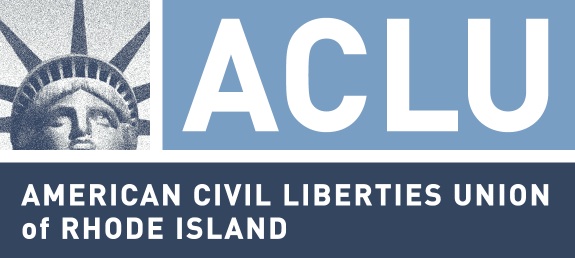 The American Civil Liberties Union of Rhode Island has called on all school districts that currently have school resource officers (SROs) to re-evaluate their use in the schools and to revise the agreements they have with police departments that set out their job responsibilities. The call was prompted by incidents at Pawtucket’s Tolman High School last week, which reinforced many of the serious concerns the ACLU has long held regarding the routine presence of police officers in schools.
The American Civil Liberties Union of Rhode Island has called on all school districts that currently have school resource officers (SROs) to re-evaluate their use in the schools and to revise the agreements they have with police departments that set out their job responsibilities. The call was prompted by incidents at Pawtucket’s Tolman High School last week, which reinforced many of the serious concerns the ACLU has long held regarding the routine presence of police officers in schools.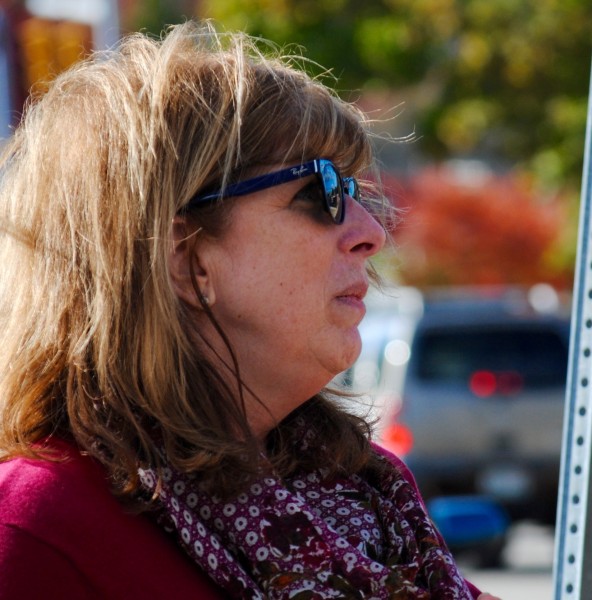
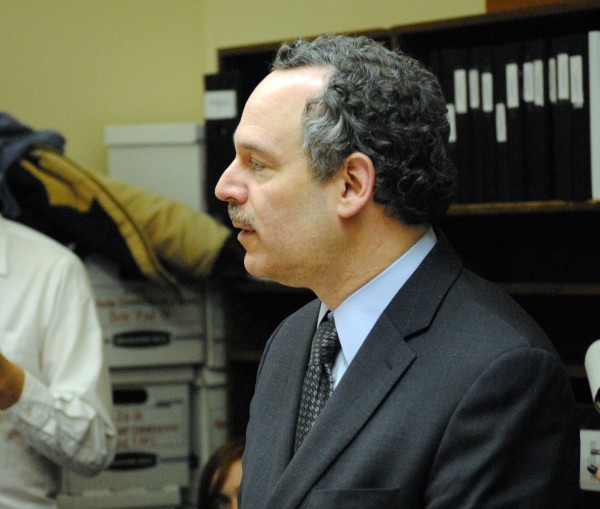
 The letter acknowledged that Pawtucket should not be singled out for such problems. A 2011 review by the ACLU of SRO use across the state found that many school departments had similar “one-sided” MOUs and that there were many incidents in which the presence of a police officer escalated a student’s minor infraction, such as wearing a hat in school, into an arrest for disorderly conduct.
The letter acknowledged that Pawtucket should not be singled out for such problems. A 2011 review by the ACLU of SRO use across the state found that many school departments had similar “one-sided” MOUs and that there were many incidents in which the presence of a police officer escalated a student’s minor infraction, such as wearing a hat in school, into an arrest for disorderly conduct.
